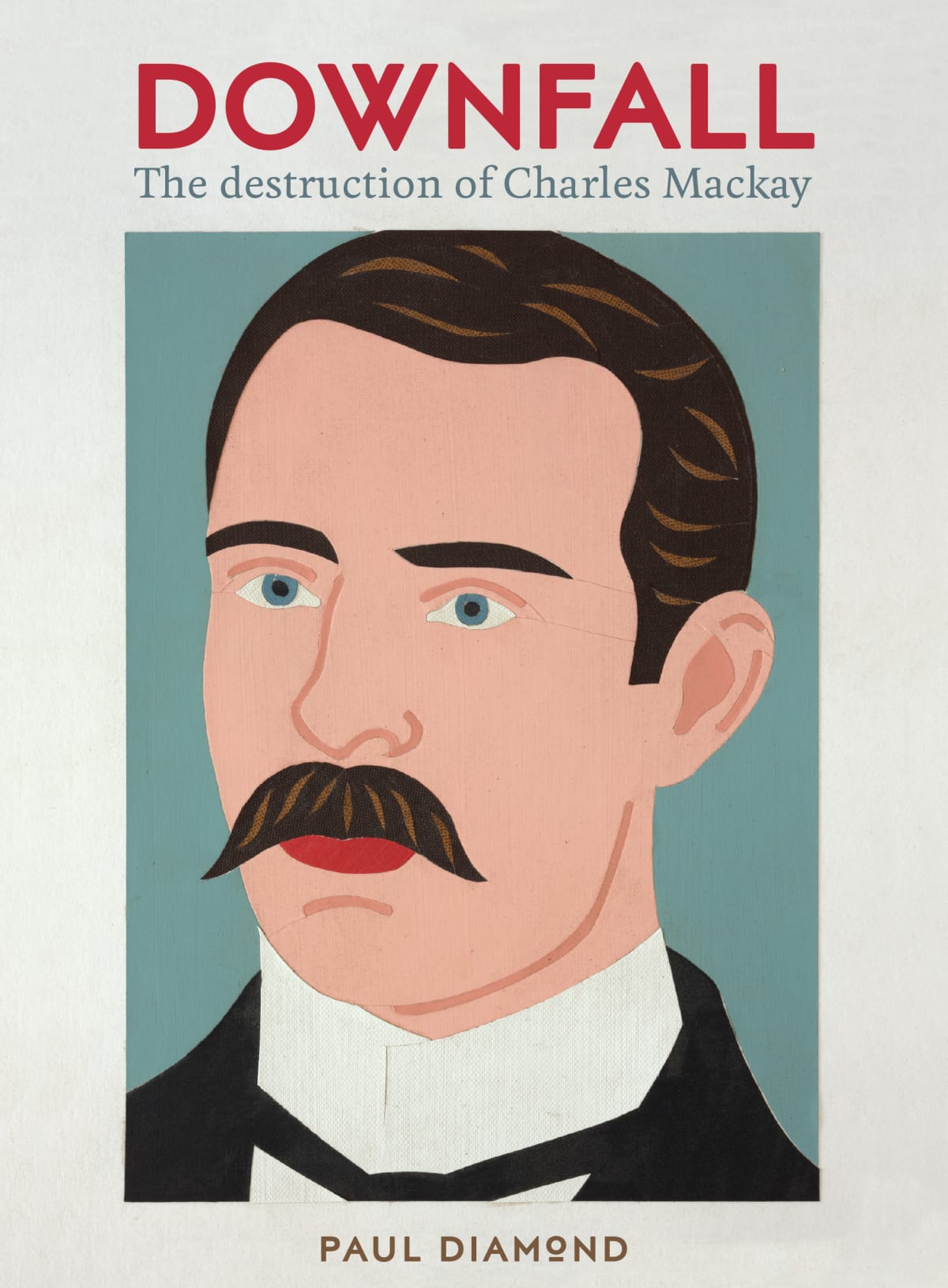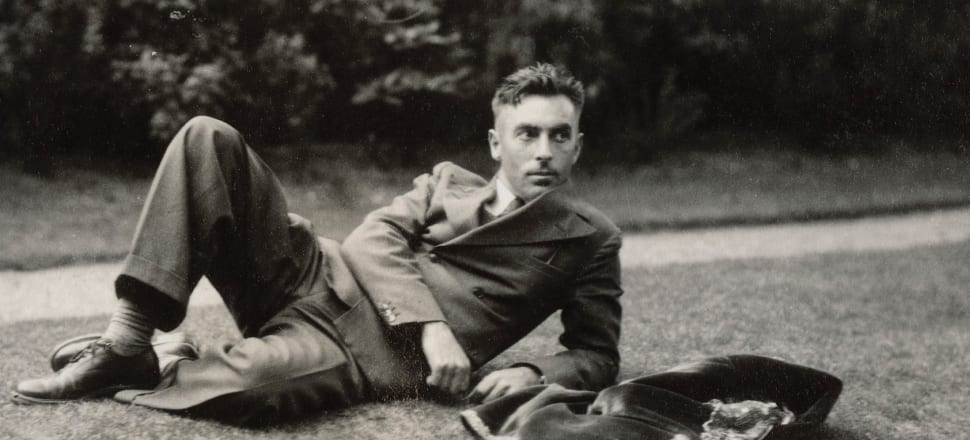
The mayor who shot his blackmailer
In 1920, Whanganui's progressive, dynamic and at times controversial mayor, Charles Mackay, met D’Arcy Cresswell. The two men had first met the day Cresswell arrived in town. Mackay invited the younger man and his cousin (who has never been identified) to dinner that night at the Chavannes Hotel, which stood on the site of what is now the National Bank building on Victoria Avenue, close to the Sarjeant Gallery.
"Nothing abnormal happened while at dinner," Cresswell noted in his statement to the police.
Later that week, Cresswell invited Mackay to dinner, again with his cousin. This time the trio dined at the Rutland Hotel, on the corner of the Avenue — as Whanganui locals call Victoria Avenue — and Ridgway Street. The building the men visited still stands. This meal led to a further invitation from Mackay to visit the Sarjeant Gallery. It had been open for only eight months and did not have much of a collection; the initial exhibitions were of borrowed items. On permanent display already, though, was a marble, three-quarter-sized copy of Raffaello Romanelli’s The Wrestlers, the original of which resides in Florence’s Uffizi Gallery.
The Wrestlers is famous among homosexual men who have admired the entwined naked male bodies for their homoerotic beauty and association with what the Romans called "the way of the Greeks". ‘Greek love’ was the most clearly articulated and influential homosexual subculture before the words ‘homosexual’ or ‘subculture’ were invented. In 1920 cultured men like Mackay and Cresswell would have recognised the coded significance of The Wrestlers.
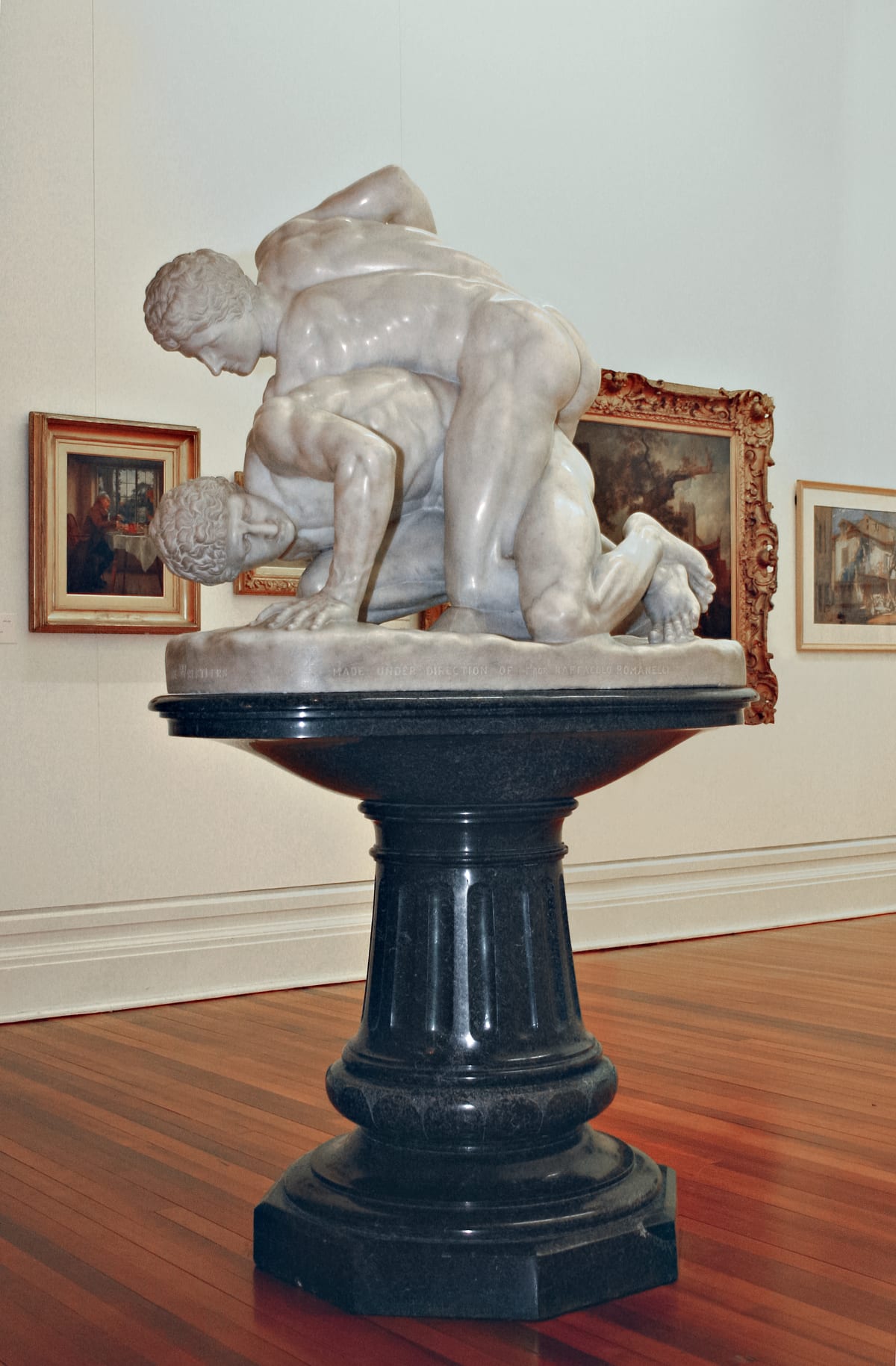
According to Cresswell’s statement to the police, after the gallery visit, things turned nasty: "When we left the Art Gallery we went to Mr MacKay’s office in Ridgway Street and while there I discovered a certain disgusting feature in Mr MacKay’s character, I purposely encouraged him to display his qualities in his nature which I expected, he also showed me several photographs of nude women. On making that discovery I told him that I had led him on, on purpose to make sure of his dirty intentions, and I told him also amongst a lot of other candid things that he must resign the Mayorality [sic] at once."
How did Cresswell encourage Mackay? Did he make some sort of pass at the older man? Did the men have sex?
Mackay showing Cresswell photos of naked women is a strange segue from viewing a statue of naked men wrestling, but this was not an untypical way of discovering if someone was gay in an era when men were having sex with each other before any modern notion of a gay identity had emerged. If mistaken, the man with the photos could say, "Ah well, I fuck them all." The photos could also be used to arouse the other man, which would fit a scenario of offering sex for money. The photos also suggest that Mackay might have thought he had a chance of seducing Cresswell. If so, it was to be a terrible miscalculation.
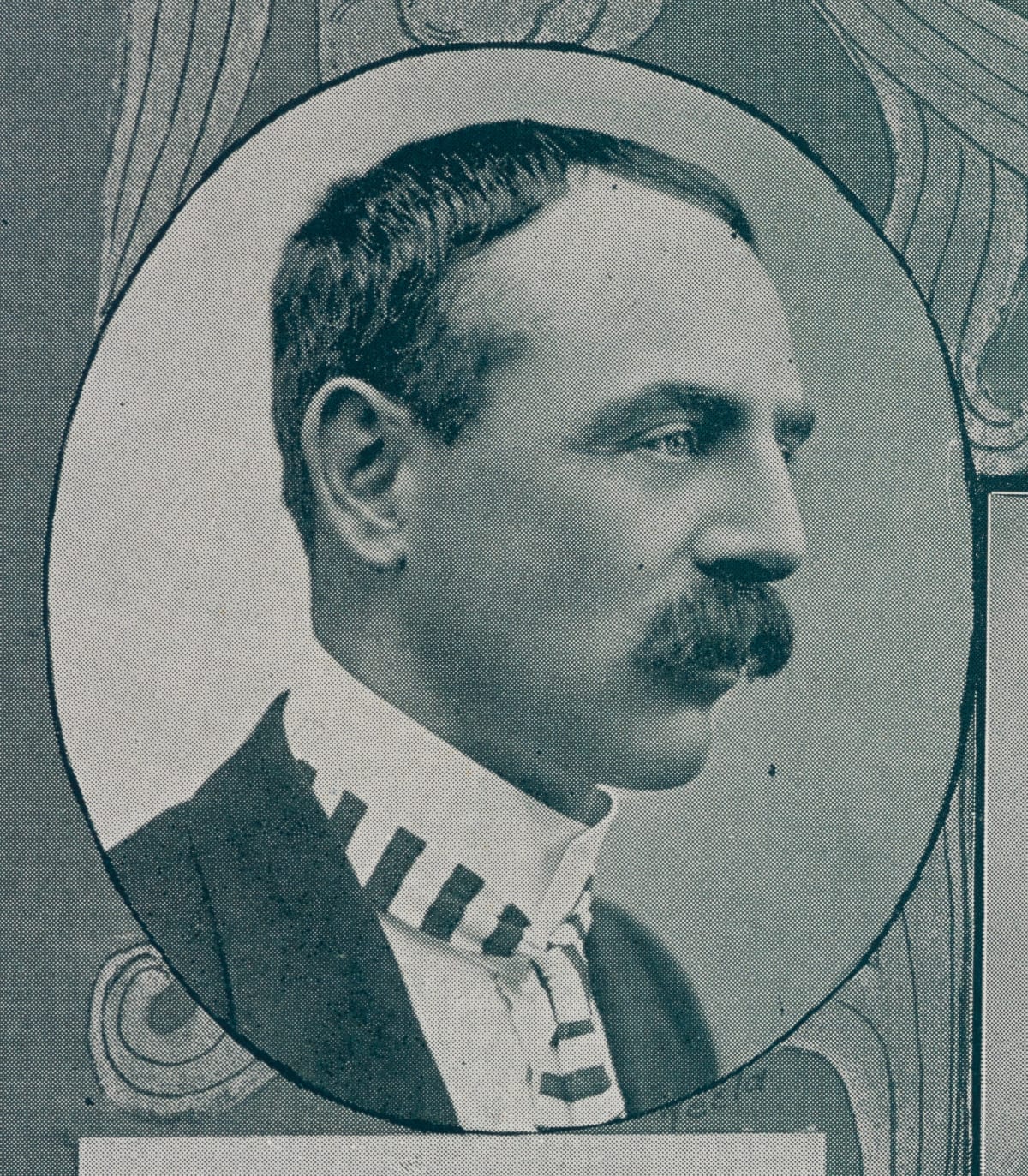
Cresswell’s statement to the police was that Mackay "then pleaded for mercy and asked me to think over it for the night, and come and see him next morning and let him know my decision. I stayed at the Rutland Hotel on Friday night as I was going to a dance in the Druid’s Hall that evening. During the night I decided that he should resign the Mayorality in a weeks [sic] time."
By the time of the third meeting in his office, Mackay had become increasingly desperate about his indiscretion with Cresswell, but the younger man remained resolved: "As arranged I called on him at 9–30am at his Office in Ridgway Street on the Saturday morning, and the whole morning was spent by him in pleading with me on account of his wife and family and not to force him to resign. I, however, was quite determined that he should resign, even though he threatened to commit suicide, I did not believe that he had the courage. At my suggestion and partly at my dictation MacKay wrote a letter to my cousin and I saw it posted on Saturday morning. I did not believe him when he said that his wife was dependent on the £200 he got from being Mayor. I was very anxious to be just and do nothing cruel to his family."
Two hundred pounds was a lot of money in 1920, roughly the annual salary for a skilled council worker. The letter Cresswell forced Mackay to write has never emerged and the police do not appear to have pursued it as part of their investigation, even though it was supposedly sent to Cresswell’s cousin and would not have been difficult to find. (This relative managed to stay out of the case entirely; given that the police asked Cresswell about the period when the cousin was present, it is odd that he was not asked to give a statement.)
Unable to reach any resolution, the two men left Mackay’s office: "After useless talking and long silence he asked me to come round to the Club and try and reconsider my decision over a cup of tea."
But if Mackay hoped Cresswell would back off, it did not work. According to Cresswell, he then "became very earnest about his decision to commit suicide, and the absolute impossibility of resigning" and offered a medical explanation for his actions. "He told me that he was suffering from a complaint which made it impossible for him to control his passions and said that his Doctor could satisfy me in that respect. He rang up his Doctor on two or three occasions but each time the Doctor was out.
"Nothing more happened here than had happened in his office and he then pleaded with me to come back to his office, I think I was very foolish not to have left him, but I was anxious to be quite just to him. I should say here that I had promised to say nothing about what I discovered if he would resign at the end of the week, I did not want to judge him but I was determined he had no business to be Mayor."
Cresswell’s resolve undiminished, the men walked back to the office for a fourth and final time.
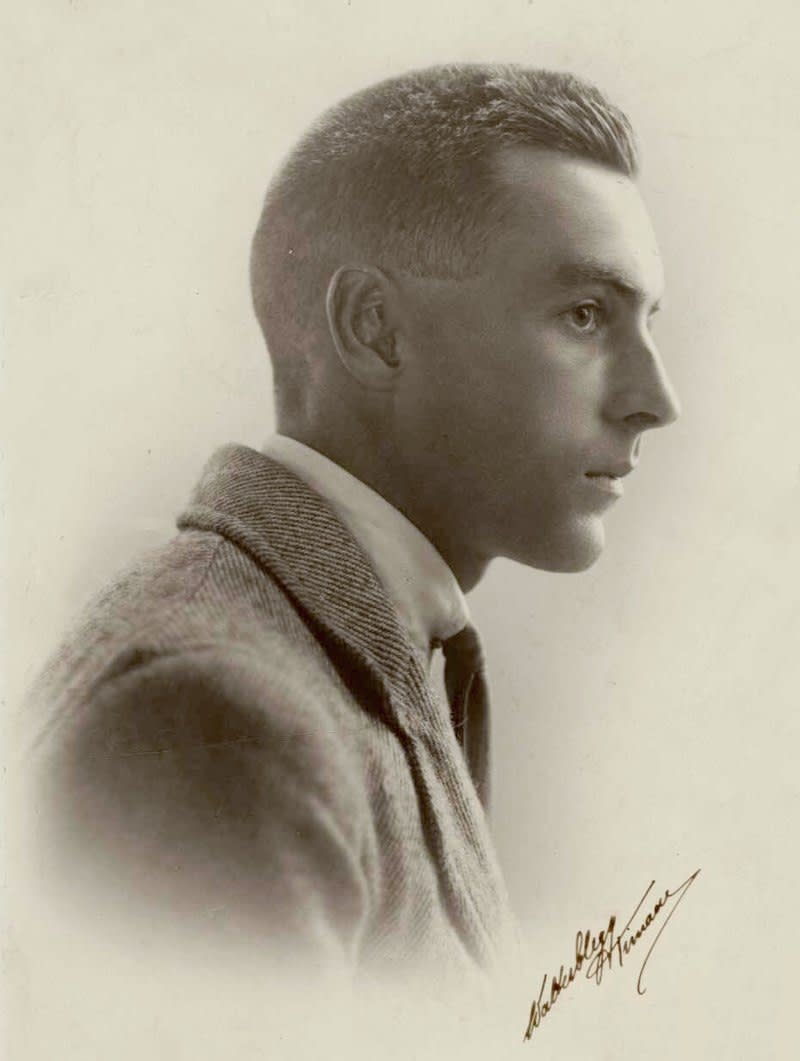
Cresswell told police, "He came over to his table and wrote a letter promising to resign the Mayoralty a month from that date and put it into a large envelope. We then arranged that it should be addressed to me at the General Post Office, and registered and I promised to let it lie at the Post Office until the month was up so he put it in his pocket." This second resignation letter has also never been found, although the police did try to locate it.
Then, as they approached the door, Mackay turned and pointed a revolver at Cresswell’s chest: "We were only about a foot or two apart, I think that he said this is for you but I am not positive, then he fired almost immediately before I could recover from my amazement and I felt the bullet enter my right breast and I fell down." Mackay stood over the prone Cresswell and "thrust" the revolver into his right hand in an effort to make it look as if Cresswell had killed himself.
But Mackay’s bullet had missed his blackmailer’s heart and had instead hit him in his right lung. Cresswell managed to stand up and brandished the revolver at Mackay, holding him at bay. Mackay, who "looked very surprised and wild", then ran out of the room. Cresswell followed but when he reached the door into the other office he could not open it: either Mackay had locked it or he was holding onto the handle on the other side.
Cresswell then ran back into the office and hurled the chair through the window to attract attention and assistance: "When I had smashed the window I called out to some chaps on the street to come up. Then eveidently [sic] Mr MacKay hearing my calls for help and thinking he could not escape, came back and asked me to shoot him, and then he rushed me and I kept the revolver pointed clear and pulled all the shots off, the next thing I can remember I was running down the stairs and telling someone that MacKay had shot me, and I heard MacKay say over the stairs that he had shot me by accident, I dont [sic] remember much more. I was wearing the clothes produced when shot."
A mildly abbreviated extract taken with kind permission from Downfall: The Destruction of Charles Mackay by Paul Diamond (Massey University Press, $40), available in bookstores nationwide. It has been shortlisted for the nonfiction prize at the Ockham New Zealand national book awards held next week, May 17.
